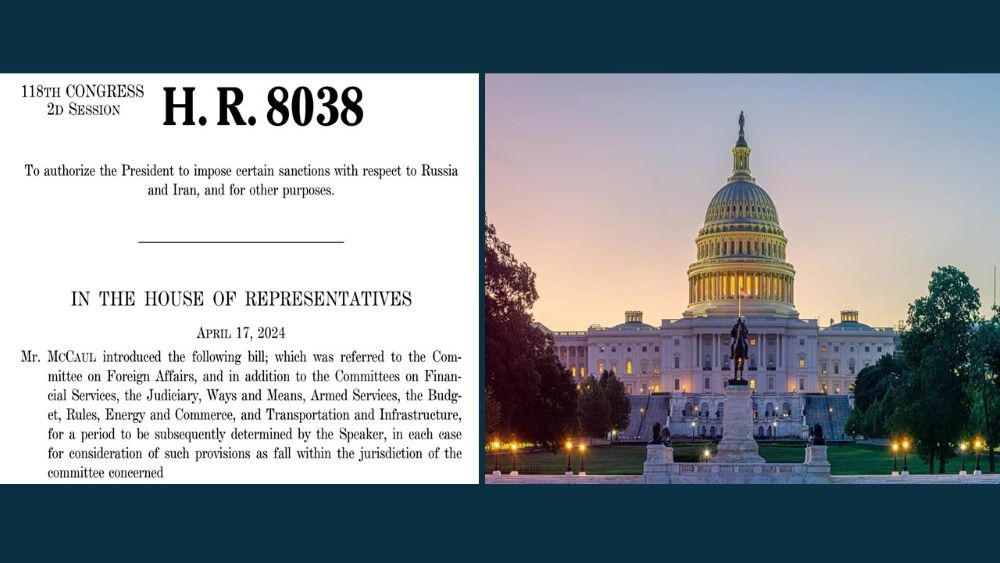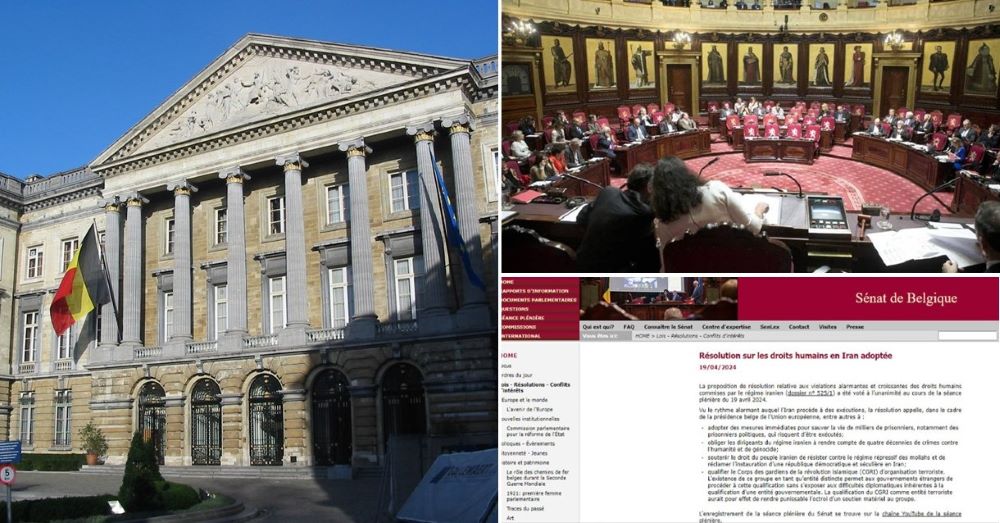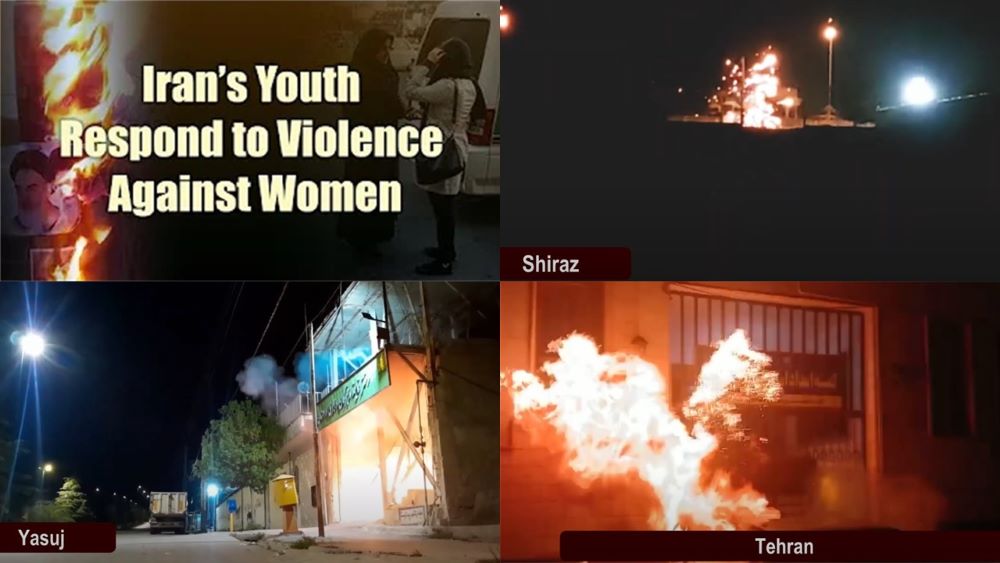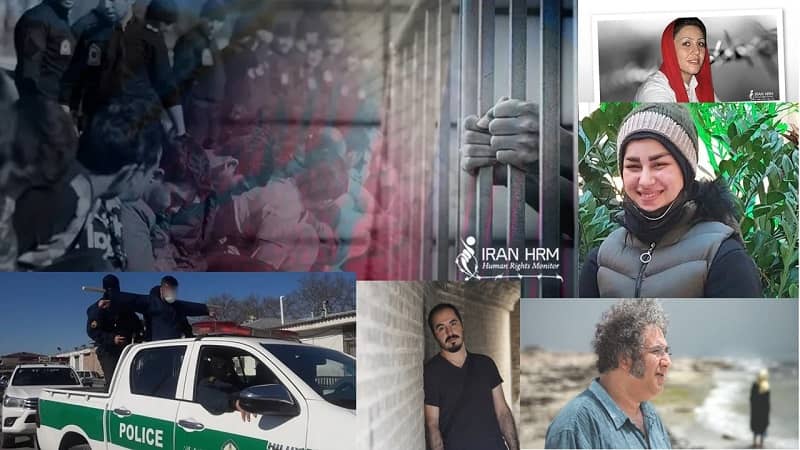
Since the start of the year, the unrest within Iranian society has been steadily growing. Throughout February 2022, the spread of protests across the country has also risen considerably, causing the Iranian regime to ramp up their crackdown of the spreading discontent, in fear of the protests turning into nationwide uprisings.
Also, on the rise is the number of executions that the regime has carried out in the last month alone, and scale of arrests of activists and dissidents across the country is an ongoing trend.
Iran Human Rights Monitor (Iran HRM) said, “Torture, degrading punishments, and persecution of citizens continued in Iran. The regime violated the right to peaceful assembly by the arrest of a number of teachers, during the nationwide sit-ins and demonstrations of Iranian teachers.”
Security forces and plainclothes agents on February 17, attacked and arrested mourners who were holding a ceremony on the 40th day of the death of dissident writer and poet Baktash Abtin. They were chanting “down with tyrants, viva Abtin” when they were attacked in a cemetery in Shahr-e-Rey, Tehran.
Footage of funeral for political prisoner Baktash Abtin
— IRAN HRM (@IranHrm) January 9, 2022
in Shahr-e-Rey, Tehran, #Iran
The poet and free speech advocate passed away yesterday because prison authorities denied him timely medical care after he contracted #COVID19 in Evin Prison. pic.twitter.com/6qwTWtFAFM
For political prisoners across Iran, the unfair treatment they regularly receive has escalated further. The regime has issued new sentences for many civil activists, with many being summoned last month to serve their sentences, and despite clear guidelines for the separation of crimes in Iran’s prisons, the regime has violated this principle by incarcerating political prisoners alongside other convicts in remote prisons across the country.
Of the 23 people who were executed by the regime during the month of February, 3 were convicted for drug-related offences, 18 were hanged for charges of murder, and the remaining 2 were executed on the charge of being a Moharebeh, the regime’s term for those they consider to be ‘waging a war against God’, or going against the regime’s view of Islam.
Monthly report February 2022, Iran Human Rights Monitor#Iran #HumanRights https://t.co/QMV2jLSOXt
— IRAN HRM (@IranHrm) March 1, 2022
Of course, the true number of executions that took place could be even higher, as with the regime’s lack of transparency when reporting executions, the full scale cannot be ascertained.
February 5 saw the execution of a young woman in the Central Prison of Qazvin. 23-year-old Khatoun Hamidi is the 130th woman to be executed in Iran since 2013.
Iran HRM said, “An informed source said Khatoun Hamidi was arrested and detained five years ago after killing her fiancé. She did not love her fiancé and had been forced by her father, a drug addict, to marry him because he was rich.”
In regards to the popular protests across Iran, the nationwide teacher protests continued last month, despite heavily control from the regime’s security forces.
The regime’s State Security Forces took to the streets in cities, such as Tehran and Karaj, on February 22, blocking roads to prevent people from joining the teachers’ protests. Reports also indicated that a number of teachers in Karaj were brutally beaten before being arrested.
Iran HRM said, “Security and prison officials increased pressure on political prisoners by failing to respect the separation of crimes. The authorities of Qarchak Prison have shut off the hot water on political prisoners, forcing them to take cold showers. Prison officials do not provide hot water to political prisoners in Qarchak Prison to increase pressure on them.”
Serving her 13th year behind bars, currently in exile in Semnan Prison, political prisoner Maryam Akbari Monfared, who suffers from fatty liver disease, has been denied access to the meal plan that her doctor has advised to help manage her condition. As she cannot eat prison food, she has been forced to live off bread and cheese for the past year.
Iran HRM said, “The horrifying murder of Mona Heydari, a 17-year-old child bride from Ahvaz, made headlines in early February. Iran’s state media, facing an outraged public, tried to downplay this heart-wrenching crime to the level of an individual, family, or tribal issue.”
Heydari was beheaded by her husband on February 5, who then paraded her severed head around the city. The mother-of-one had been forced into marriage at the age of 12, and was a victim of domestic violence throughout her marriage. Despite her filing for divorce on numerous occasions, and even fleeing to Turkey to escape the violence, she was urged by her family to stay with her husband for the sake of their child.
Iran HRM said, “None of the Iranian regime’s top leaders or officials have condemned or taken a stand on it. Conversely, in a virtual meeting titled, ‘Investigating the Background and Consequences of a Social Tragedy’, some misogynist clerics justified the murder, calling the killer ‘oppressed’.”


